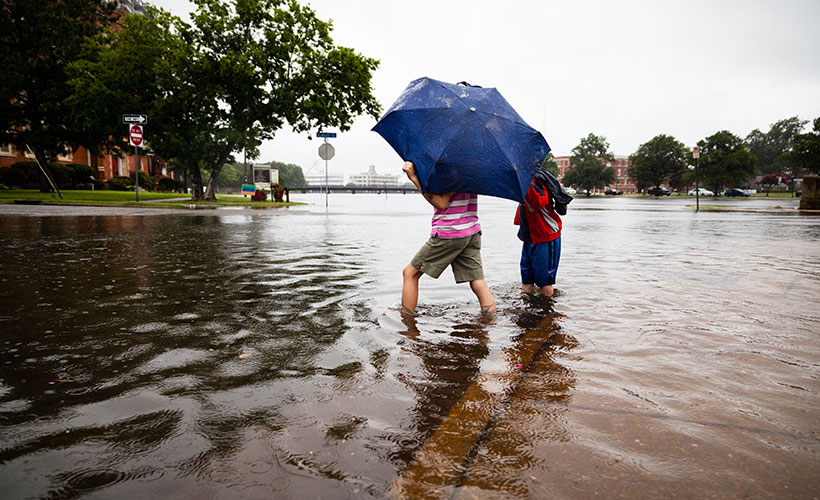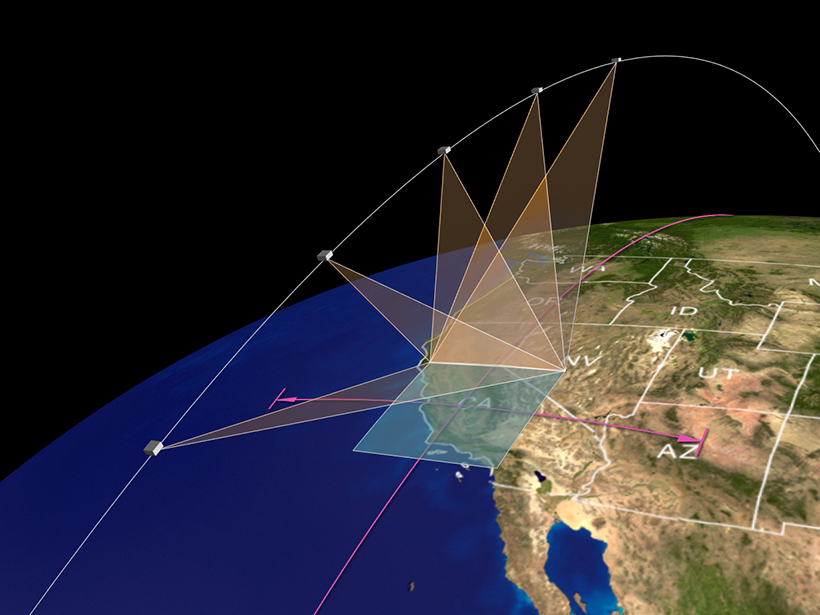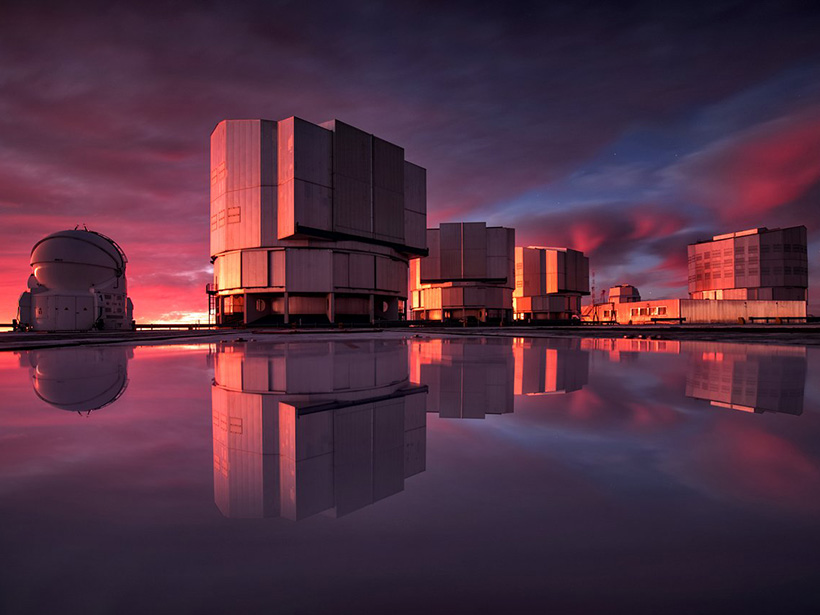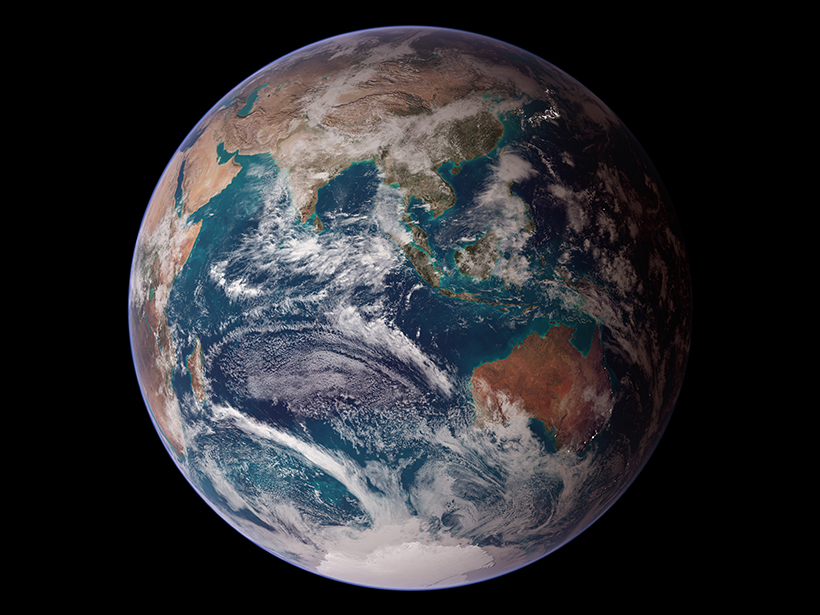Humans have locked in at least 20 feet of sea level rise—can we still fix it?
Covering Climate Now
Landslides Mar the “Pearl of Africa”
Behind Uganda’s lavish beauty, climate change has taken its toll: Death, destroyed properties, and displaced communities increase as above-normal rainfall floods the country.
Five Culinary Winners and Losers of Climate Change
From wines in Canada to mushrooms in the Czech Republic, some foods will fare better than others on a hot planet.
Using Satellite Data to Map Air Pollution and Improve Health
NASA scientists will be teaming up with epidemiologists in the agency’s first health-focused mission. With satellite data, they’ll find out how air pollution affects health in cities around the world.
Turf’s Dirty Little Secret
Greenhouse gas emissions from sports fields may be scoring points for climate change.
Making the Universe Blurrier
Climate change appears to be directly and indirectly affecting the view from at least one observatory while threatening the existence of others.
Migrant Workers Among the Most Vulnerable to Himalayan Disasters
Critics say companies are failing to develop adequate emergency procedures to protect construction workers on hydropower plants in the Himalayas.
Ocho lecciones del COVID-19 para guiar nuestra respuesta climática
La respuesta global de la pandemia en curso puede enseñarnos cómo deberíamos y no deberíamos responder la crisis climática. Y lo más importante aún, demuestra que podemos hacer algo.
Cómo convertir nuestras ciudades en Treetopias
Estamos y seguiremos plantando más árboles callejeros, arboledas urbanas y cúmulos informales de árboles en nuestros parques y espacios verdes. La Treetopia ha comenzado.
Five Science Questions That Ought to Be Asked at the Debates
Journalists, moderators, and the public have an important opportunity to question the presidential and vice presidential candidates in the upcoming TV debates.










